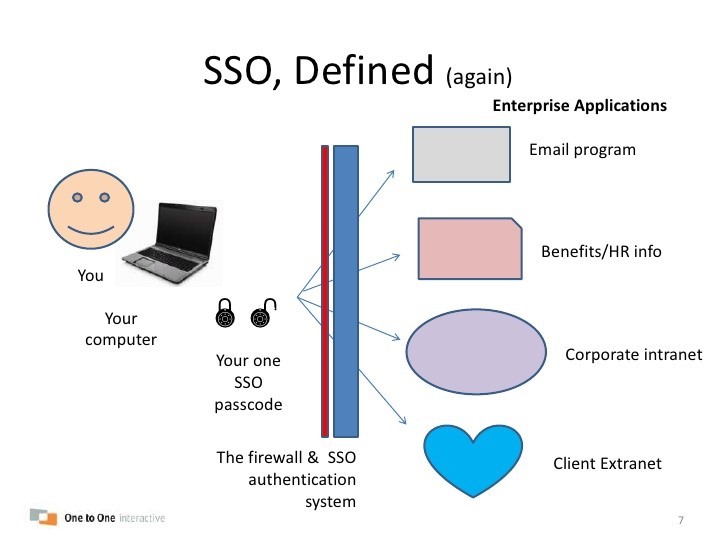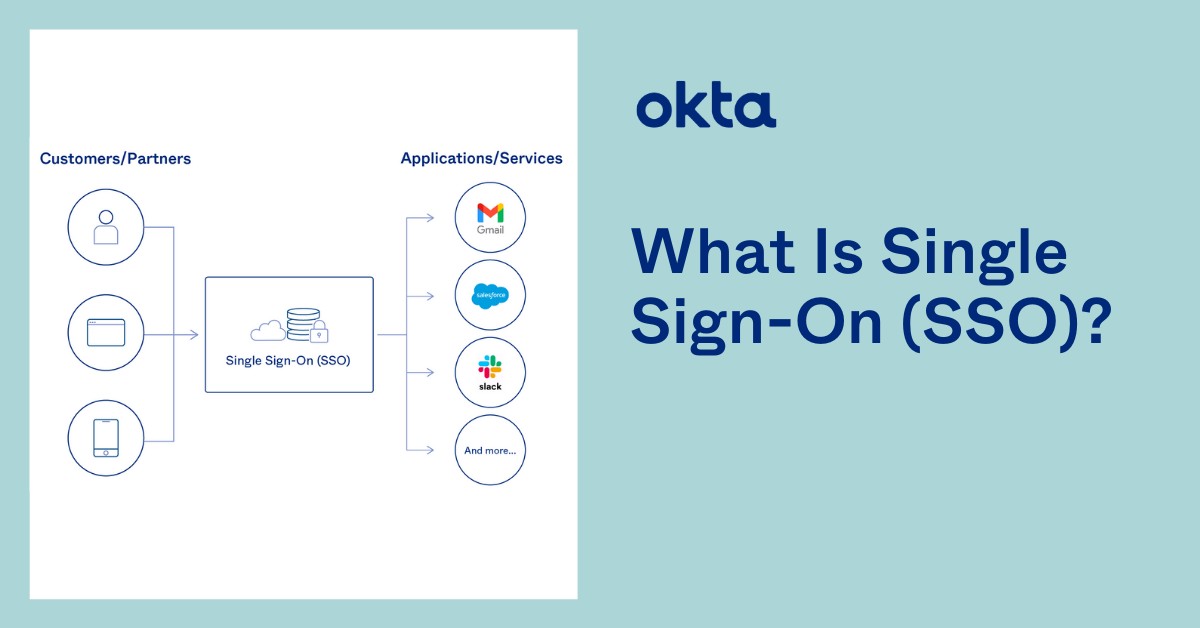In today's interconnected digital landscape, where users interact with multiple applications and services across various platforms, managing secure and seamless access has become a significant challenge. Enter Single Sign-On (SSO) – a powerful authentication mechanism designed to simplify user experience while enhancing security. SSO is not just a convenience; it is a critical component in the infrastructure of modern IT systems. This article explores the work of SSO, its benefits, and its relevance in today’s digital environment.
What is Single Sign-On (SSO)?
Single Sign-On (SSO) is an authentication process that allows a user to access multiple applications or services with a single set of login credentials (username and password). Once the user is authenticated by the SSO system, they can access all associated applications without needing to log in again for each one. This seamless experience is particularly useful in environments where users interact with multiple, often interrelated, applications – such as enterprise environments, educational institutions, and integrated online services.
How Does SSO Work?
SSO works by establishing a centralized authentication server that handles the login process. When a user attempts to access an application, they are redirected to the SSO authentication server. This server verifies the user's credentials against its database. If the credentials are correct, the server generates a token or session that indicates the user is authenticated.
This token is then passed to the requested application, which grants access based on the user’s authenticated status. Because the authentication token is managed centrally, the user doesn’t need to enter their credentials again for other applications that are part of the SSO ecosystem. This process not only streamlines the user experience but also ensures that authentication is handled securely and consistently across all services.
Benefits of SSO PORTAL
Enhanced User Experience: The most immediate benefit of SSO PORTAL is the improved user experience. By reducing the number of times a user needs to log in, SSO eliminates the frustration of managing multiple usernames and passwords. This ease of access is particularly valuable in environments where users need to switch between different applications frequently.
Improved Security: SSO enhances security by reducing the number of passwords that users need to remember and manage. This reduces the risk of weak passwords, password reuse, and password fatigue, which are common vulnerabilities in traditional authentication systems. Additionally, SSO systems can be integrated with multi-factor authentication (MFA) to add an extra layer of security.
Centralized Management: With SSO, IT administrators have a centralized point of control for managing user access to various applications. This makes it easier to enforce security policies, manage permissions, and monitor user activity across the network. Centralized management also simplifies the process of revoking access when an employee leaves the organization or changes roles.
Reduced Help Desk Costs: Password-related issues, such as forgotten passwords, are a major source of help desk tickets. By reducing the number of passwords users need to manage, SSO can significantly reduce the volume of these tickets, leading to lower support costs and less downtime for users.
Regulatory Compliance: Many industries are subject to strict regulations regarding data security and user privacy. SSO can help organizations meet these requirements by providing robust authentication mechanisms, ensuring secure access to sensitive data, and maintaining detailed audit logs of user activity.

Challenges and Considerations
While SSO offers numerous benefits, it is not without its challenges. One of the primary concerns is the "single point of failure" risk – if the SSO system goes down, users may be unable to access any of the associated applications. To mitigate this, organizations need to implement high availability solutions and ensure that their SSO system is robust and reliable.
Another challenge is ensuring compatibility with all the applications in an organization’s ecosystem. Not all applications are designed to support SSO, and integrating them can require significant effort and customization.
The Future of SSO
As organizations continue to adopt cloud-based services and remote working models, the importance of SSO is expected to grow. The integration of SSO with emerging technologies such as biometric authentication, artificial intelligence, and machine learning will further enhance its capabilities, providing even more secure and user-friendly authentication solutions.
In conclusion, Single Sign-On (SSO) is a vital tool in modern digital systems, offering a balance between security and convenience. By simplifying user authentication and providing centralized management, SSO not only improves the user experience but also strengthens the overall security posture of organizations. As digital ecosystems become more complex, the role of SSO will continue to be essential in enabling secure and seamless access to the multitude of services we rely on daily.



